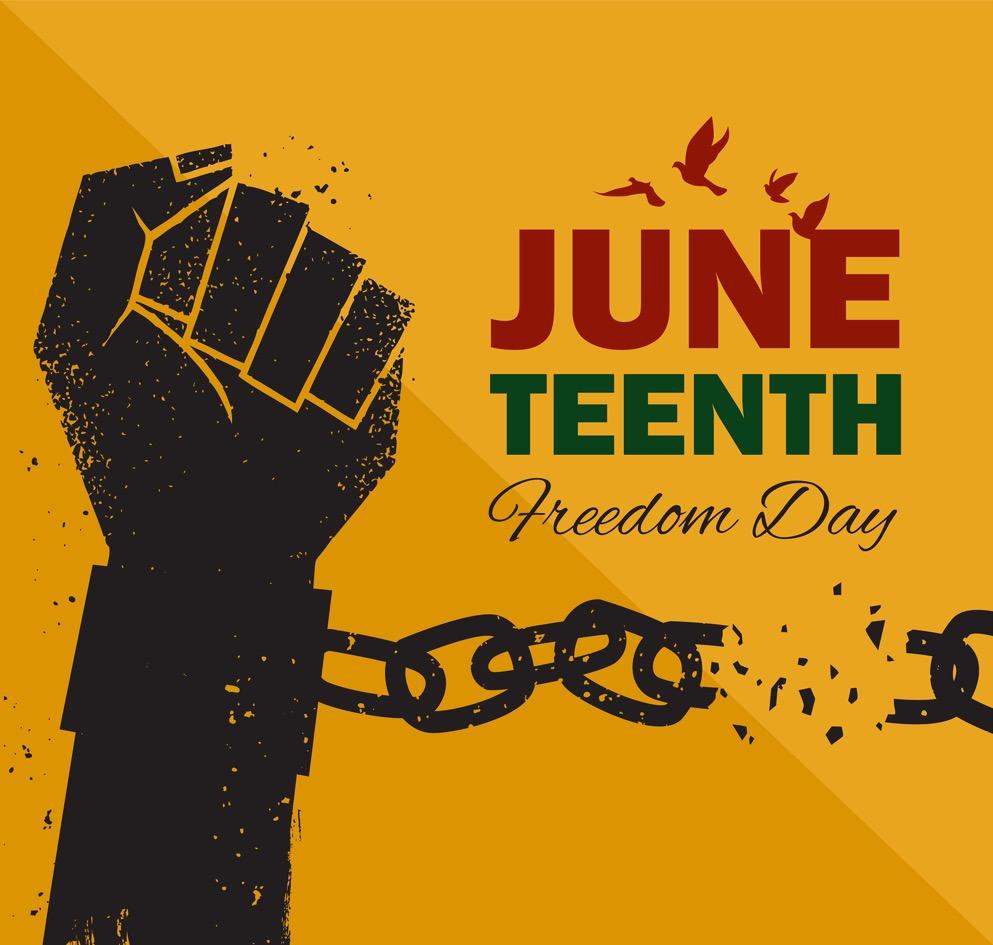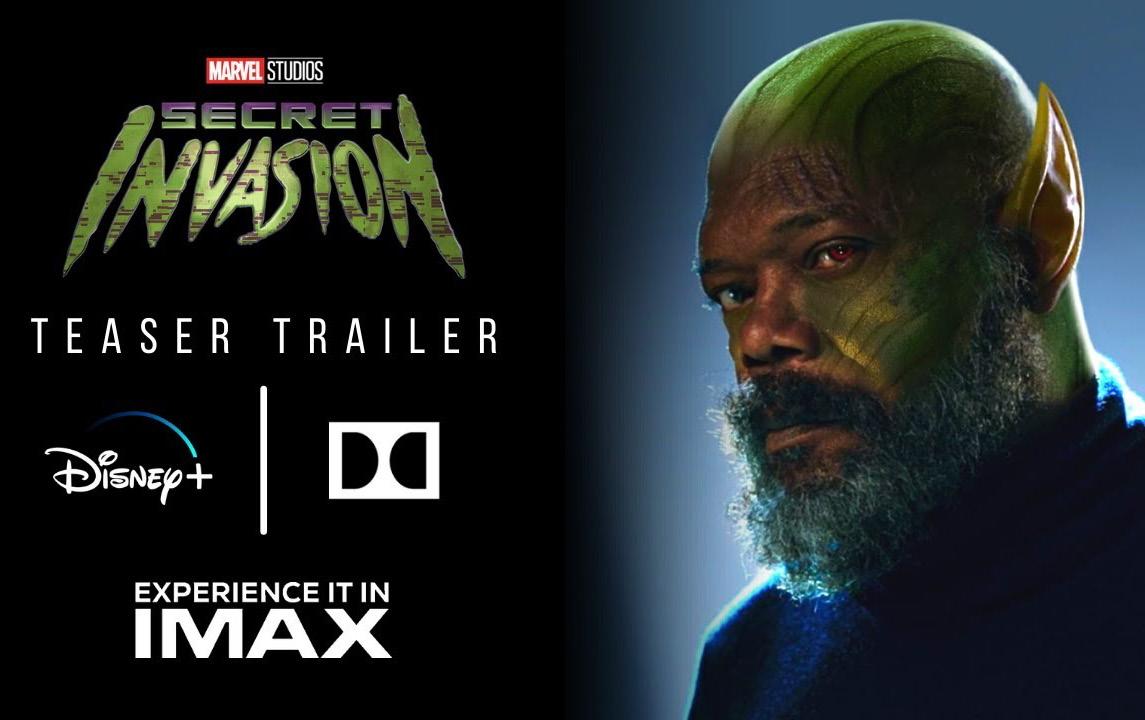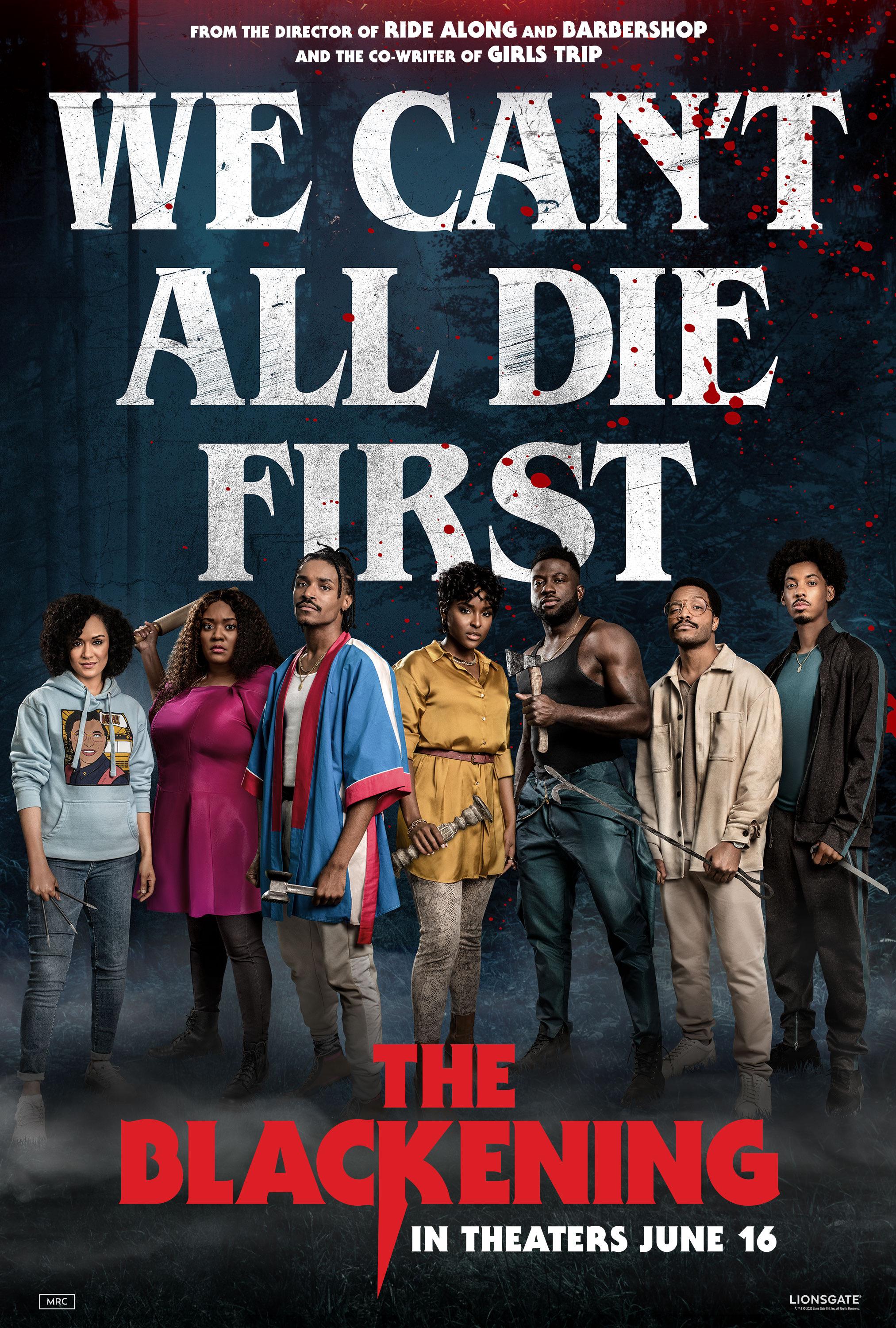
4 minute read
THE MEANING OF JUNETEENTH – A BLAST FROM THE PAST THAT SOMEHOW ESCAPED US
By Lauren Nutall
June 19 commemorates the day that all enslaved Black Americans were freed. BLACK ENTERPRISE honors this day by remembering the heroism of those who came before us and the story of how this day came to be. The history leading to Juneteenth is long and fraught with tragedy that cannot be unwritten. But, as racism and prejudice exist today, it is important to commemorate the legacy and resilience of those who endured oppression and evolved a history into a fully developed holiday that celebrates freedom and Black liberation.
Advertisement
Enslaved Black Americans awaited a future free of bondage for themselves and their descendants, envisioning a life filled with promise and opportunities rather than pain and suffering. On January 1, 1863, these dreams came to fruition with the news of the Emancipation Proclamation, an official decree that all enslaved people were free. Black Americans rejoiced, traveling to announce the news. However, this was not everyone’s story.
The Proclamation was limited in its scope. It only applied to states that seceded from the United States, leaving border states unaffected. It also failed to impact Southern secessionist states already under Northern control. The Emancipation Proclamation was, at its core, a war measure to ensure the Confederacy’s readmission into the Union. Its implementation was to force the Confederacy’s hand and liberate those enslaved in the region. The Union had to win the Civil War to enforce the total abolishment of slavery.
But on June 19, 1865, Union soldiers marched into Galveston Bay in Confederate-controlled Texas, announcing their victory and enforcing the manumission of over 200,000 enslaved people, freeing them from subjugation. Juneteenth was born.
Many consider Texas the birthplace of the holiday. Juneteenth, a portmanteau combining the words June and nineteenth, was first celebrated in the state in 1866, one year after the complete abolition of slavery. Following emancipation, many formerly-enslaved Texans focused on locating long-lost relatives and improving their quality of life. To observe the shift in tide, they held prayer meetings, sang spirituals, and donned new clothes to signify their newfound liberation. Some revelers made it a custom to travel to Galveston annually, in honor of the day. Others created new traditions, like rodeos and horseback riding, in celebration. Many newlyfreed Black Americans were taught about voting rights. Soon, these traditions spread to nearby states like Mississippi and Louisiana and eventually, the holiday evolved into what we know it to be today A day of religious services, speeches, educational events, music and food festivals, Juneteenth is now a largelyrecognized festivity.

During the country’s Reconstruction era, the commemoration of the day was hindered by White southerners’ efforts to glorify the Antebellum period, with the remembrance of slavery reserved for their fallen Confederate brethren. Despite even this, Black Americans still sought to honor and remember a victory over their oppressors. But as the years continued, war and racial violence further scarred the sanctity of the holiday until, by the 1930s and 1940s, celebrations began to dwindle.
As conflicting recollections of the Civil War, the horrors of slavery, and public unrest grew, support for Juneteenth lessened. Eventually, Black Americans opted to honor their traditions in private gatherings. There was little improvement in how Juneteenth was celebrated in the wake of the Civil Rights Movement during the 1950s and 1960s. However, the country would witness a large resurgence of Juneteenth celebrations in the 1970s as many Black Americans sought to reclaim their heritage, including their emancipation But, throughout the South, it always remained a fixture in Black America’s legacy.
Juneteenth celebrations differ from household to household. For many who grew up in Texas, celebrating Juneteenth was a tradition in the home. You could even find families wandering around Fort Worth’s Martin Luther King Junior Center, listening to retellings of what occurred that fateful day.
Opal Lee is an activist who has dedicated her life to honoring the memory of the formerly-enslaved people of Texas. Lee had a vision for how the state should commemorate Juneteenth. Rather than a single day that recognized the atrocities of the past, Lee’s cause expanded into a multi-day event in Fort Worth, TX, that includes a parade, breakfast of prayer, a health and job fair, a Miss Juneteenth Pageant, a 5k run, an art exhibit, and more. Her efforts did not stop there. Lee wanted to ensure that Juneteenth became a federallyrecognized holiday so, at 90 years old, she began a walking campaign. Starting small, she traveled through Arlington, Grand Prairie and Dallas, 2.5 miles at a time. Soon, she traveled across states. Eventually, Lee covered 21 states until the Covid19 pandemic forced her to stop. However, she witnessed the fruits of her labor on June 17, 2021, when President Biden signed a bill making Juneteenth a federal holiday
As Juneteenth has grown in popularity, more Americans have learned about its history. It has become a staple celebration in households throughout the country. But, while freedom was first granted to Northerners, it was the South that carried the torch and legacy of Juneteenth.

Nick Fury, upcoming Marvel series Secret Invasion
Fictional spy and Director of S.H.I.E.L.D., Nick Fury, is getting his own Marvel series on Disney Plus. While the official trailer for upcoming six-part series Secret Invasion debuted last year, on Monday (March 27), the streamer shared that the premiere date was set for June 21, although the date has been scrubbed from the show’s page. Now, fans are concerned that the Samuel L. Jacksonled show will have a delay.
Starring Jackson and Ben Mendelsohn (Talos), whose characters first met in 2019 movie Captain Marvel, “the crossover event series showcases a faction of shapeshifting Skrulls who have been infiltrating the Earth for years.” While Nick Fury and Talos will be in a battle for supremacy, the Skrulls will be led by Gravik (Kingsley Ben-Adir), while the head of S.W.O.R.D. is Abigail Brand (Emilia Clarke).

Joining the franchise is Olivia Colman, and returning MCU characters include Cobie Smulders as Maria Hill; Don Cheadle as James “Rhodey” Rhodes; and Martin Freeman as Everett K. Ross. In an interview with Total Film in January, Cheadle revealed that a plot line in Secret Invasion will set up an IronMan spinoff.
“It’s bananas! And it’s very expansive,” he said. “And obviously now that everyone can show up in everybody else’s story… I mean, I’m in ‘Secret Invasion’. So I’m in Sam [Jackson]’s show. There’s a part of that, that kicks off what happens in Armor Wars.”
The actor also expressed his thoughts on the future of MCU Phase 4. “It can go on and on and on… hopefully it doesn’t get spread too thin. And there’s still some quality control and not just trying to expand for expansion’s sake. But there’s a clear idea about the storytelling and what you’re trying to accomplish with every iteration.”
Watch the official trailer below.












